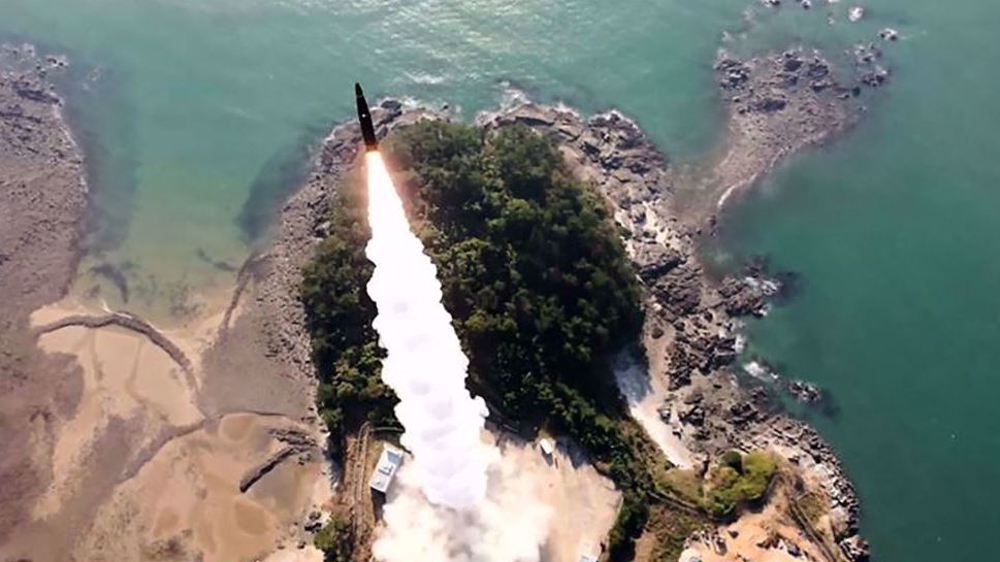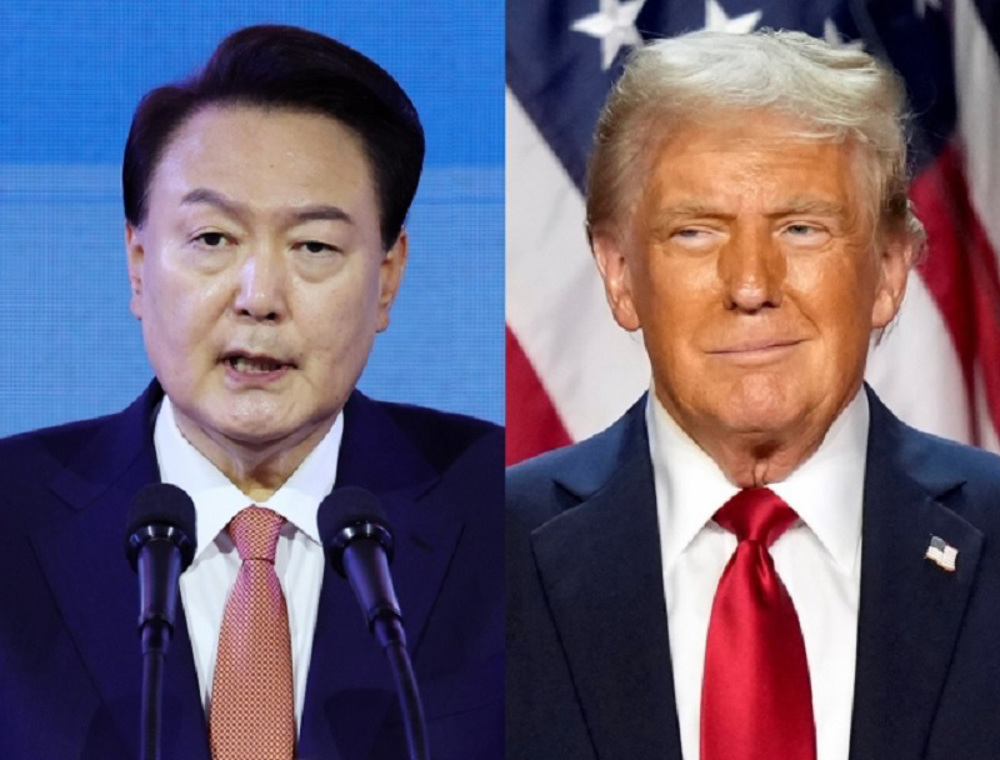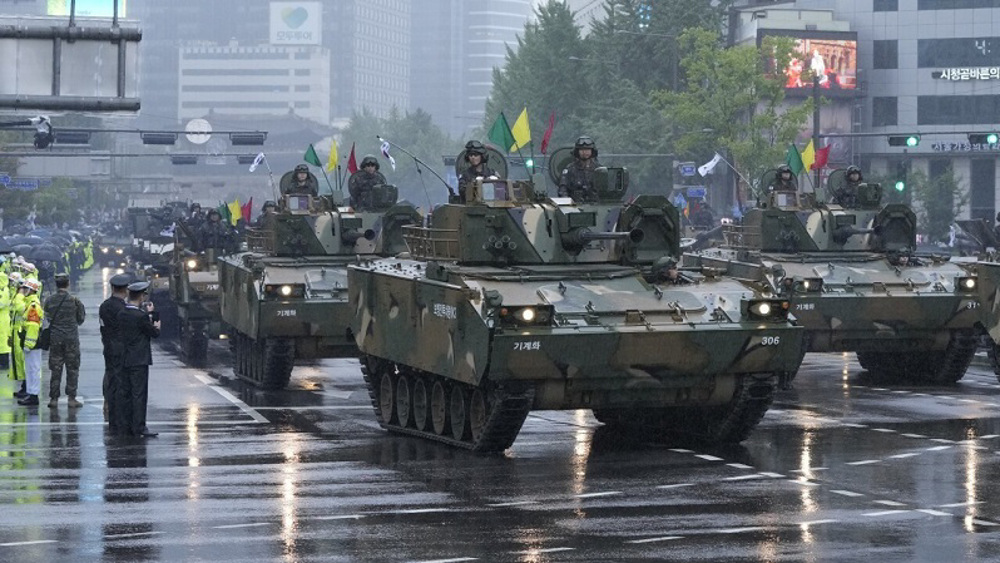North Korea resumes plutonium production at Yongbyon
North Korea has resumed plutonium production by reprocessing spent fuel rods at its main Yongbyon nuclear facility, citing the United States’ hostile policy toward Pyongyang.
North Korea's Atomic Energy Institute told Japanese Kyodo News Agency in a written interview that it had been producing highly enriched uranium necessary for nuclear arms and power “as scheduled,” adding, “We have reprocessed spent nuclear fuel rods removed from a graphite-moderated reactor.”
The institute, which has jurisdiction over the Yongbyon nuclear facilities, did not disclose the amount of plutonium or enriched uranium that Pyongyang has produced.
According to Kyodo, the institute has already succeeded in making lighter and diversified nuclear weapons.
The institute did not rule out the possibility of conducting further nuclear tests as long as perceived US threats remain.
“Under conditions that the United States constantly threatens us with nuclear weapons, we will not discontinue nuclear tests,” the institute was quoted by Kyodo as saying.
North Korea mothballed the Yongbyon reactor in 2007 under an aid-for-disarmament accord. However, Pyongyang began renovating it after its third nuclear test in 2013.
In September last year, North Korea said Yongbyon was operating and that it was working to improve the "quality and quantity" of the country’s nuclear weapons.

Tensions have been flaring in the region since January when North Korea said it had successfully detonated a hydrogen bomb, its fourth nuclear test, and vowed to build up its nuclear program as deterrence against potential aggression from the US and its regional allies.
A month later, Pyongyang launched a long-range rocket which it said placed an earth observation satellite into orbit. However, Washington and Seoul denounced it as a cover for an intercontinental ballistic missile test.
North Korea says it will not give up on its nuclear “deterrence” unless Washington ends its hostile policy toward Pyongyang and dissolves the US-led command in South Korea. Thousands of US soldiers are stationed in South Korea and Japan.
Pentagon official says ‘shocked’ by Yemen’s firepower, arsenal
IAEA chief tours two key Iranian nuclear facilities
Larijani asserts Iran’s support for resistance, says conveyed Leader’s message to Lebanon
VIDEO | Beirut’s southern suburbs targeted in 'heavy' Israeli strikes
Haaretz: Over 10,000 Israelis have migrated to Canada this year
VIDEO | Press TV's news headlines
Official: Iran to respond ‘decisively’ to any threat to its nuclear program
Nearly 70 Mossad-linked terrorists killed or captured in southeast Iran










 This makes it easy to access the Press TV website
This makes it easy to access the Press TV website